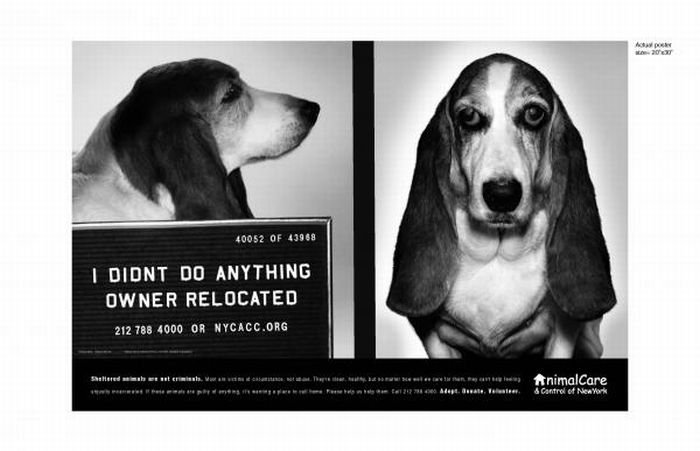|
|
PETA Animal Protection Campaign
|
Notable cases include the 26-minute film PETA produced in 1984, Unnecessary Fuss, based on 60 hours of researchers' footage obtained by the ALF during a raid on the University of Pennsylvania's head injury clinic. The footage showed researchers laughing at baboons as they inflicted brain damage on them with a hydraulic device intended to simulate whiplash. Laboratory animal veterinarian Larry Carbone writes that the researchers openly discussed how one baboon was awake before the head injury, despite protocols being in place for anaesthesia. The ensuing publicity led to the suspension of funds from the university, the firing of its chief veterinarian, the closure of the lab, and a period of probation for the university.
In 1990, two PETA activists posed as employees of Carolina Biological, where they took pictures and video inside the company, alleging that cats were being mistreated. Following the release of PETA's tapes, the USDA conducted their own inspection and subsequently charged the company with seven violations of the Animal Welfare Act. Four years later, an administrative judge ruled that Carolina Biological had not committed any violations.
In 1990, Bobby Berosini, a Las Vegas entertainer, lost his wildlife license, as well as (on appeal) a later lawsuit against PETA, after the group broadcast an undercover film of him slapping and punching orangutans in 1989. In 1997, a PETA investigation inside Huntingdon Life Sciences (HLS), a contract animal-testing company, produced film of staff in the UK beating dogs, and what appeared to be abuse of monkeys in the company's New Jersey facility. After the video footage aired on British television in 1999, a group of activists set up Stop Huntingdon Animal Cruelty to close HLS down, a campaign that continues.
In 1999, a North Carolina grand jury handed down indictments against pig-farm workers on Belcross Farm in Camden County, the first indictments for animal cruelty on a factory farm in the United States, after a three-month PETA investigation produced film of the workers beating the animals. In 2004, PETA published the results of an eight-month undercover investigation in a West Virginia Pilgrim's Pride slaughterhouse that supplies chickens to KFC. The New York Times reported the investigation as showing workers stomping on live chickens, throwing dozens against a wall, tearing the head off a chicken to write graffiti, strangling one with a latex glove, and squeezing birds until they exploded. Yum Brands, owner of KFC, called the video appalling, and threatened to stop purchasing from Pilgrim's Pride if no changes were made; Pilgrim's Pride fired 11 employees, and introduced an anti-cruelty pledge for workers to sign.
|
|









